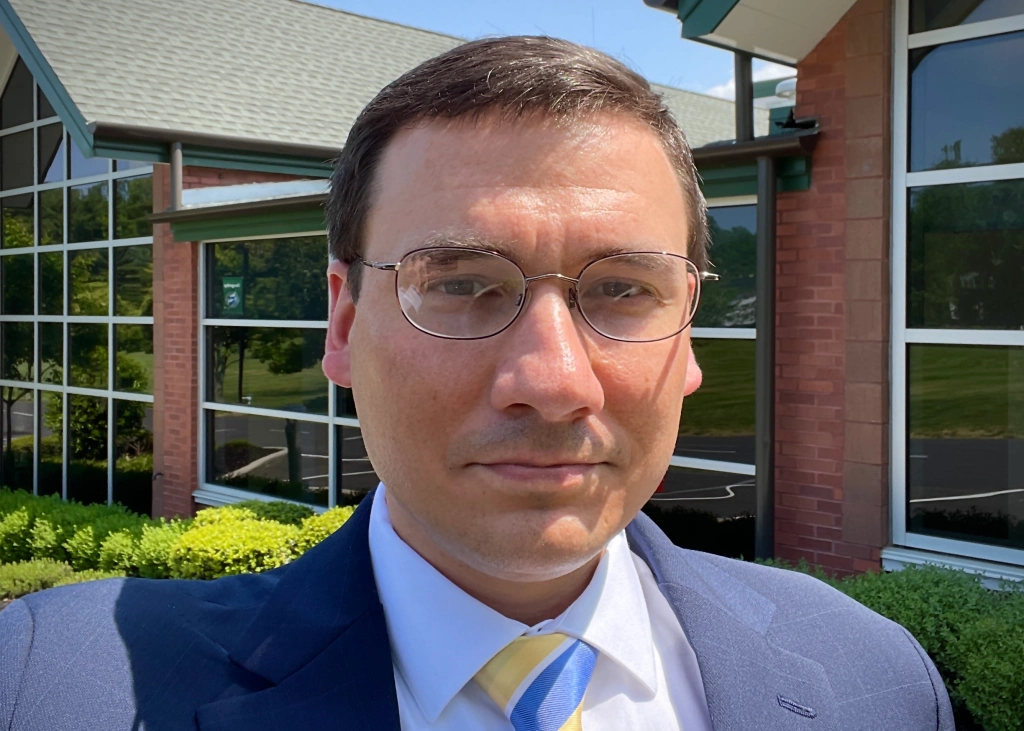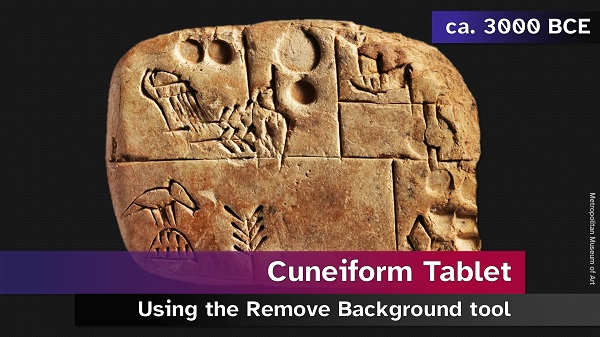
Almost two months after announcing my career transition, it seems appropriate to write an update. Whether to keep blogging at Blue Book Diaries is still an open question. But I’m comfortable describing some of the process of turning a veteran adjunct college professor into a novice high-school teacher.
First, much of my summer has gone to practicalities—figuring out new living arrangements, my new commute, that sort of thing. At the same time, I’ve made sure to relax whenever it’s reasonable. Both teaching and house-moving tend to behave like a gas, not a liquid; either of them will fill any container (of time and mental focus) you provide. If you don’t want to start a new academic year pre-exhausted, you’ve got to make room for rest before you tackle other forms of preparation.
(In other words, I’ve spent more of the summer than usual, not less, going to the mall, the movies, and the beach. And yes, that absolutely has been the right thing to do for the sake of my new students.)
As for teaching itself, the opportunity to reimagine my work has been wonderful. My new courses allow a lot of room for creativity, not least because they’re supposed to be interdisciplinary. Even if they were die-cut history survey courses, though, I would still be thinking hard about my goals for them—and about what ninth and twelfth graders really need from a history class.
The first definite teaching choices I had to make this summer concerned textbooks. Being hired fairly late in the season meant there were only a couple of weeks to decide which books to assign for the new academic year. Choosing these books required not only thinking ahead about course structure but also making judgments about likely student and parent perspectives.
Would a certain book be appropriately challenging for a ninth-grade reader without being overwhelming? Would a certain mix of books allow my students to see their ancestors’ peoples represented in world history? Could I perhaps find a friendlier translation of a certain book-length primary source? The textbook selections I made have already locked me into certain approaches for the whole upcoming year. But a lot of key decisions remain to be made before September.
Throughout the summer, talking with other teachers—often in Zoom meetings and over the phone—has been crucial. Several of my new colleagues, as well as the teacher I’m replacing, have generously shared their time with me, offering advice of many kinds. And I’ve continued talking with old friends about teaching in general, too.
Indeed, emotionally speaking, the best thing about this transitional moment, for me—besides just getting to look forward to teaching new students soon—has been the support shown by other educators. Never before have I had a stronger sense of taking part in a shared educational project.
Of course, I’ve been around long enough to know that no workplace is perfect. But I’ve also been around long enough to know not to take any good thing for granted. And this summer is full of good things.






